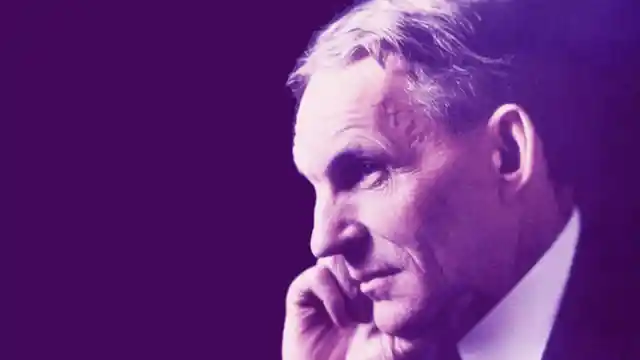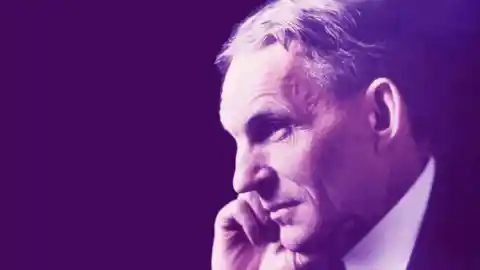

We already brought you part one of our list of 15 things you probably didn’t know about Henry Ford, and now we’re back with part two! Check out eight more fascinating details about the Ford Motor Company founder’s life that you definitely (probably) did not know below. You might be surprised by what you find out!
Number Eight: He Named a Company After His Brother-in-Law. Ford’s brother-in-law helped broker the site selection for Ford’s charcoal manufacturing plant. Because of this, For named the company Kingsford Charcoal after his brother-in-law.
Number Seven: He Also Started the Ford Airplane Company. In 2002, Ford was recognized as a pioneer of aviation; however, the For Airplane Company, which Ford started during World War I, shut down by 1933 because of poor sales.
Number Six: He Is Referenced Prolifically in an Iconic Novel. Aldous Huxley’s novel, Brave New World, mentions Ford quite often. The world in the novel dates its years as “Annum Fordum,” which means “Year of Our Ford.” The characters in the novel also use phrases like “Our Ford” in place of “Our Lord.”
Number Five: He Did Not Actually Invent the Assembly Line. While many people credit Ford with inventing the assembly line, he did not actually invent it. In reality, the idea to use an assembly line in the car industry came from the meat-packing industry.
Number Four: He May Have Been Anti-Semitic. Ford owned a newspaper called The Dearborn Independent. The newspaper regularly published anti-semitic articles that subsequently hurt Ford’s image.
Number Three: He Strongly Opposed Labor Unions. Though all sorts of manufacturers were unionizing their workforces, Ford was the last to do so.
Number Two: He Raced Cars. Ford was actually a racecar driver growing up because he wanted to show other people that his engineering designs could create reliable and effective vehicles. He built and drove his own cars.
Number One: He Pioneered the Use of Agriculture in Industrial Productions. Ford’s father was a farmer, so he grew up with a largely agricultural influence on the way he thought. He especially liked the idea of using soybean-based plastic automobile parts in his cars. It was very experimental at the time.